It’s time for the Commonwealth to have a voice on LGBT rights, activists say
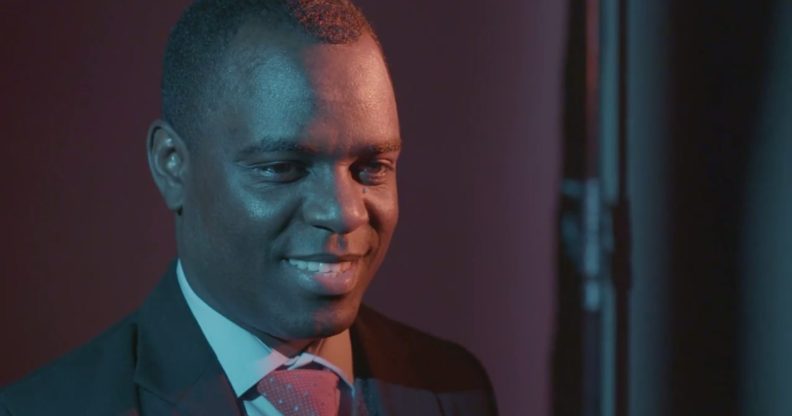
LGBTQ+ activist Frank Mugisha.
Activists are hoping to use this week’s Commonwealth summit to address the ongoing harm caused by Colonial-era anti-LGBT laws.
Delegations from 53 countries across the world will head to London for the biennial Commonwealth Heads of Government Meeting (CHOGM) this week to discuss a wide range of policy issues.
But LGBT activists will be fighting for space on the agenda.
36 of the 53 countries in the Commonwealth continue to criminalise same-sex acts, primarily under laws imposed during the British Colonial era that were never repealed.
Worldwide, more than a billion people continue to live under Commonwealth anti-LGBT laws, and while there has been some progress – Belize, Seychelles and Mozambique have decriminalised gay relations in recent years – the situation is worsening in countries like Uganda and Nigeria.
As leaders head to London this week, activists from the Commonwealth Equality Network (TCEN), an LGBTI-focused organisation accredited by the Commonwealth, are hoping for frank discussions about equal rights.
For many, the voice of the British government – which was ultimately responsible for imposing the laws – is crucial in making clear that the laws were a mistake.
Pakistani activist Qasim Iqbal of the Naz Male Health Alliance said: “We have this wonderful opportunity, because CHOGM is going to take place here in the United Kingdom, and because the British government is being so supportive, we need to make the best out of it.”
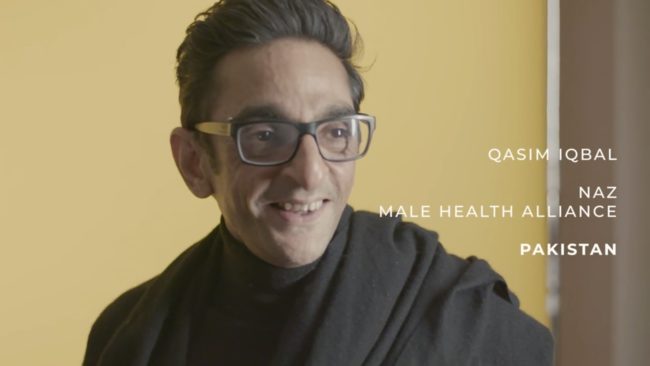
Iqbal added that CHOGM was a chance to discuss issues that are rarely ever discussed in Pakistan.
He said: “In Pakistan, talking about LGBT rights is not something we can do openly, and we can certainly not approach our politicians or high-end officials to try to do any kind of advocacy.
“It is in our best interest if we do it more from an international level and from a global perspective, and somehow try to put pressure on the Pakistani government externally – because doing so internally would put ourselves at risk.”
UK-based activist Peter Tatchell is urging the British government to apologise for its legacy on the issue.
He said: “The humility and remorse of an apology would be far more powerful and effective than neo-colonial lecturing and denunciation of homophobia by the UK government.
“An apology by [Theresa May], on behalf of the UK government, would help change the narrative around anti-LGBT legislation; highlighting that these laws are not indigenous and were not originated in most of the countries that still retain them.
“It would make the point that, contrary to populist propaganda in many Commonwealth countries, Britain’s real export to their nations was homophobia, not homosexuality.”
Caleb Orozco of Belize, an activist who successfully challenged his country’s anti-gay law, added that ultimately the issue was about human rights.
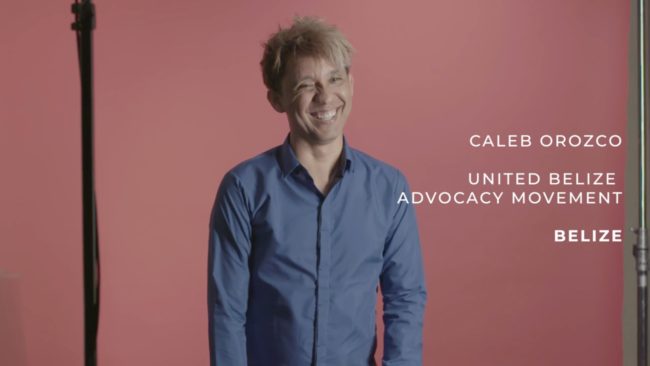
He added: “It is a responsibility of Parliamentarians and political leaders in the Commonwealth to remember they’re not governed by the UK.
“They’re governed by a constitution, and that constitution gives an opportunity for fundamental rights to apply to all citizens. It’s their responsibility to decide what governance looks like for marginalised citizens.
“It’s not only a political thing to make such a decision. It is very human to feel the pain of somebody and then resolve it with some action.”
There will be four separate community forums at CHOGM – a business forum, a people’s forum, a youth forum and a women’s forum – and LGBT activists are hoping to engage at every level.
St Lucian activist Kenita Placide, of the Eastern Caribbean Alliance for Diversity and Equality, said: “I look for the UK to see how the forums will be developed and implemented, and what kinds of diverse conversations are actually able to take place. More importantly, [we look to] the concluding documents and how that will be formulated in order to reflect the conversations.
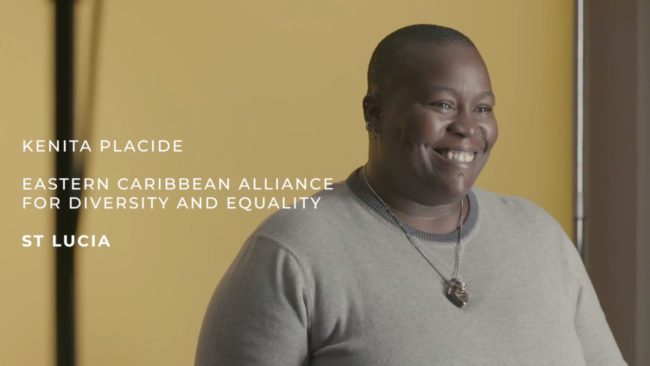
“It gives you an opportunity to have conversations that look at the economic cost of not doing it, and doing it, and looking at how we move forward.”
Voices in the business forum will be key.
Rosanna Flamer-Caldera of Sri Lankan group Equal Ground said: “It’s economically a huge impact, because the LGBTIQ community does impact the economy of their countries, whether people like to acknowledge that or not.
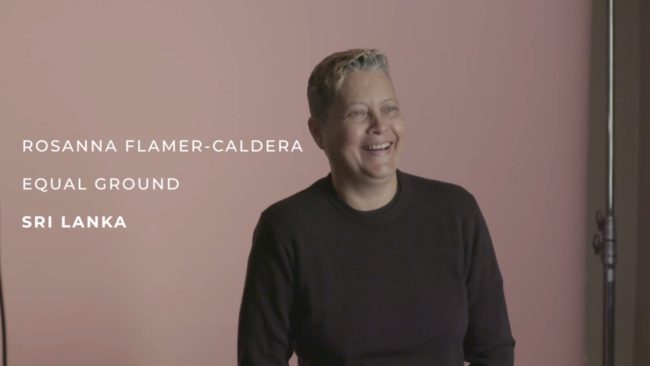
“The pink dollar or pink rupee or pink pound, is very valuable. It has been proven all over the world, where rights have been granted and people treated equally, businesses and countries prosper.”
Frank Mugisha of Sexual Minorities Uganda added: “When you talk to African leaders about LGBT rights, that’s when they remember about African sovereignty, ‘You can’t tell us what to do, that is imperialism!’
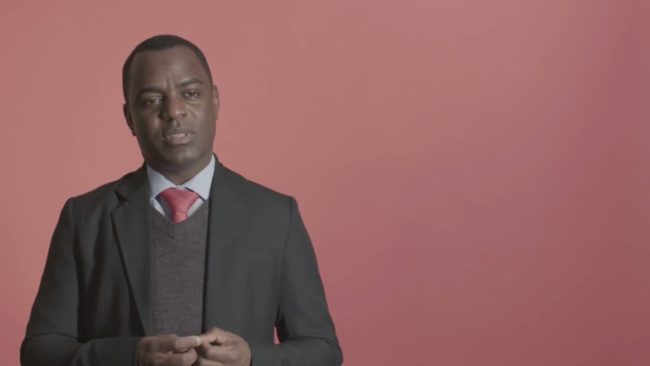
“But when they are getting other things like weapons, it is OK. Businesses can tell them anything, because businesses are not political.
“It’s people’s money, so someone can decide, ‘Uganda doesn’t have my values so I won’t invest in my country and take my investment elsewhere,’ and politicians get it. So businesses have a big role.”
The Commonwealth Equality Network, which comprises of 46 organisations in 42 countries working collectively to champion equality and human rights for LGBT people, last year became the first LGBT organisation to have official accreditation from the Commonwealth.
Accreditation means that Equality Network activists will benefit from increased access to, participation in and information about Commonwealth matters.
Prince William last month praised the group’s work at a Commonwealth reception.
Paul Dillane, who attended the reception on behalf of TCEN, told PinkNews: “I was grateful for the opportunity to meet the Duke of Cambridge, Prince William, and discuss the situation for LGBT people across the Commonwealth.
“[CHOGM] is an unprecedented opportunity for activists to engage with leaders, officials and parliamentarians to champion equality for LGBT people around the world.
“No person should face discrimination or violence on account of their sexual orientation and gender identity. We are grateful to Prince William for his words of encouragement and support.”

